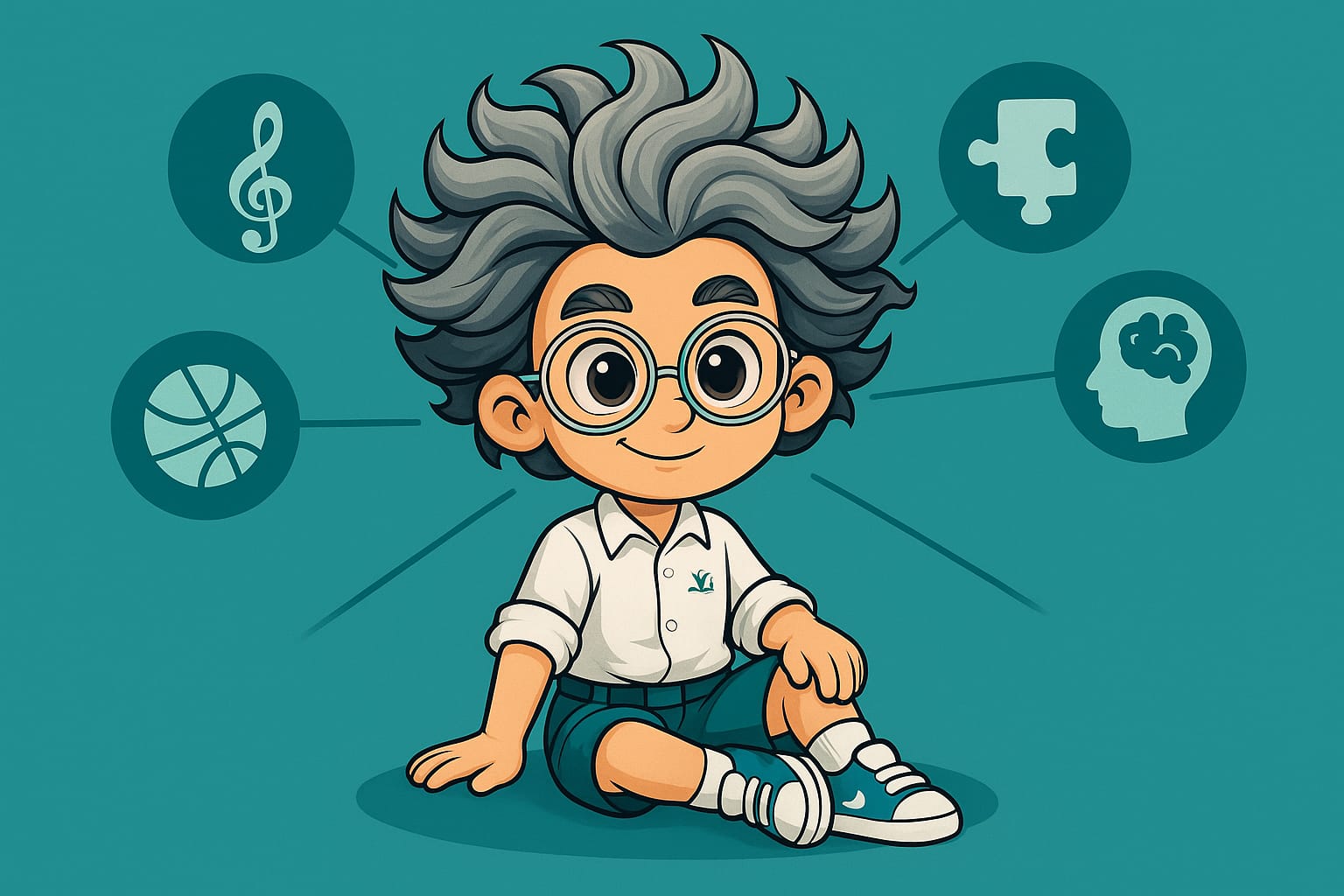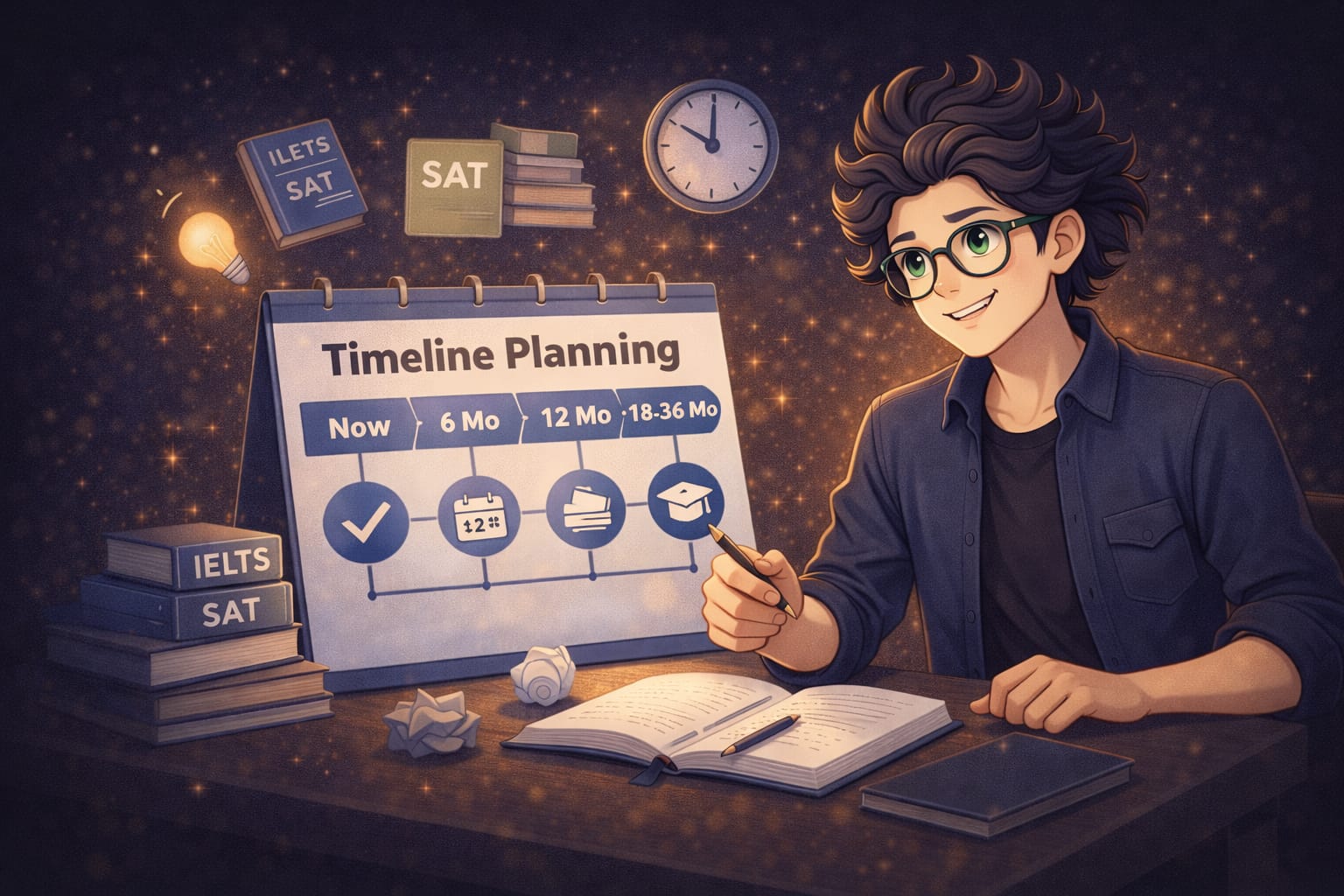
Multiple Intelligences and Learning Styles
In 1983, Dr. Howard Gardner introduced the theory of "Multiple Intelligences," which changed the way we view intelligence and learning. Instead of focusing solely on the traditional Intelligence Quotient (IQ), this theory suggests that each person has a unique blend of different types of intelligence that influence how they understand and process information.
Types of Multiple Intelligences:
1.Linguistic Intelligence: Those who excel in expressing themselves through words and are skilled in reading and writing.
2. Logical-Mathematical Intelligence: Individuals who love numbers and logic and are good at problem-solving.
3.Visual-Spatial Intelligence: Learners who understand information through images and visual imagination, and who enjoy drawing or designing maps.
4. Bodily-Kinesthetic Intelligence: Those who learn through movement and hands-on experience.
5. Musical Intelligence: People with a distinctive ability to recognize rhythms and melodies.
6. Interpersonal Intelligence: Learners who gain knowledge through interaction with others and teamwork.
7. Intrapersonal Intelligence: Those who understand their own feelings and motivations and learn through self-reflection.
8. Naturalistic Intelligence: Individuals who are inclined to explore the environment and nature and learn through practical experimentation.
How can a student discover their own learning style?
• Taking free multiple intelligence tests available online.
• Observing the study methods in which they feel most comfortable and effective.
• Seeking help from counselors or smart educational platforms like Fahmy Stein.
The role of Fahmi Stein platform in discovering and developing learning styles:
• Fahmy Stein uses artificial intelligence techniques to help students analyze their study behaviors and provide personalized recommendations based on their dominant intelligence type.
• The platform offers analytical reports on individual learning styles.
• Interactive educational tools suited to each type of intelligence.
• Smart content that adapts to the student’s preferred learning style.
Final advice:
Knowing your learning style is the key to academic excellence and psychological comfort during your educational journey. There is no single best style; the most important thing is to learn in the way that suits you best.
Similar Articles


